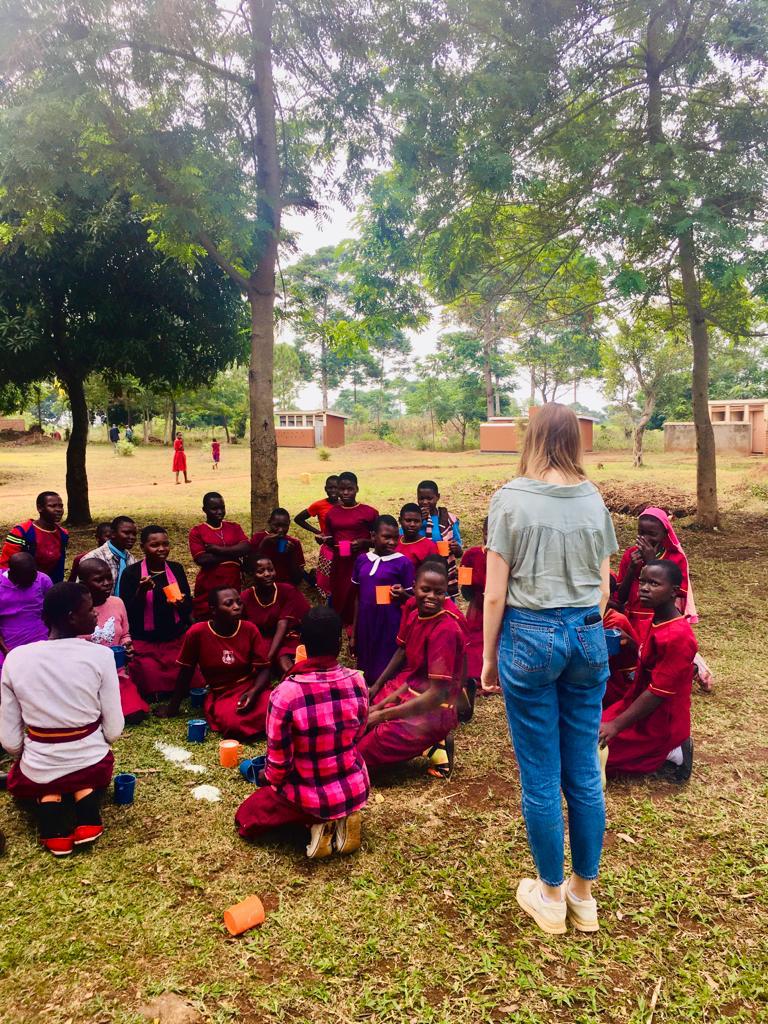ABOUT MAKEXAFRICA INTERNATIONAL VOLUNTEER PROGRAM
The international volunteer program administered by MAKEXAFRICA serves as a platform where individuals from diverse global locations embark on journeys to Jinja, Uganda, to engage in community development initiatives. These volunteers dedicate their time to various projects spanning three, six, nine, or twelve months, collaborating directly with adolescent girls and young women on micro-entrepreneurship and preventive health endeavors. The volunteer pool encompasses university students and interns, recent graduates, seasoned practitioners, and retirees. Volunteers have the flexibility to apply as individuals, couples, or groups.
Upon their arrival in Jinja, international volunteers gain the opportunity to independently observe and actively participate in community-driven initiatives. The duration of their stay and the availability of resources dictate the nature of their engagement. While in Jinja, volunteers have the option to contribute to existing projects or initiate new ones, including research, depending on their commitment and the resources at their disposal.
MAKEXAFRICA firmly believes that the provision of handouts alone has not, and may never, catalyze lasting social and economic transformation within communities. Consequently, our approach to social-economic development emphasizes the collaborative exchange of resources, including material, technical, and financial support, to facilitate the transfer of knowledge, skills, awareness, insights, experiences, perspectives, and so on, to communities of adolescent girls and young women. We firmly believe that empowering communities through the enhancement of their knowledge and skills equips them to confront life’s challenges effectively, rather than relying solely on short-term handouts.
However, there are instances where we provide materials to facilitate knowledge processes and offer starter-tool kits. For instance, we may teach adolescent girls and young women the art of fishing, providing them with fishing rods and guiding them to suitable fishing locations. Nevertheless, we refrain from distributing fish to individuals, as it undermines the learning experience and perpetuates dependency.
